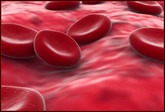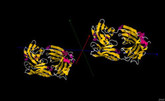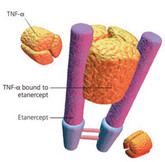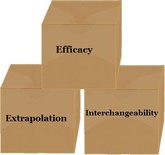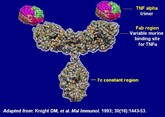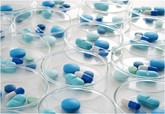Biosimilars
ECCO survey highlights lack of confidence in biosimilar mAbs
In a presentation at the EuropaBio and the Alliance for Safe Biologic Medicines (ASBM) roundtable on naming, transparency and traceability for biosimilars [1], held on 18 March 2014 in Brussels, Belgium, Dr Alessandro Armuzzi presented results of a survey of European Crohn’s and Colitis Organisation (ECCO) members [2]. The results of the survey highlight the lack of confidence ECCO members have in biosimilars and the need for continued education.
More biosimilars collaborations on the cards
Collaborations for biosimilars are still in vogue, with the latest companies making deals being PlantForm Corporation (PlantForm) with PharmaPraxis and Oncobiologics and Laboratorios Liomont.
WHO proposal offers clarity for biosimilar nomenclature
Following requests from drug regulatory authorities worldwide, the World Health Organization (WHO) has released a draft Biological Qualifier (BQ) proposal on which to base a globally recognized naming scheme for biological products, including biosimilars. According to the proposal, a four-letter code – the BQ – would be added after the INN.
Biosimilars in the treatment of chemotherapy-induced anaemia
A study of the use of epoetin biosimilars in the therapeutic management of anaemia secondary to chemotherapy in haematology and oncology has shown the biosimilars to be effective and well tolerated in the management of chemotherapy-induced anaemia in patients with solid tumours, lymphoma and myeloma [1].
Biosimilars of cetuximab
Last Update: 13 April 2018
Cetuximab is a chimeric (mouse/human) monoclonal antibody. It inhibits epidermal growth factor receptor (EGFR) and is used to treat metastatic colorectal cancer, metastatic non-small cell lung cancer and head and neck cancer.
Coherus starts phase III biosimilar etanercept trial
US-based biosimilars developer Coherus BioSciences (Coherus) announced on 23 June 2014 the start of a global phase III trial for a biosimilar version of etanercept.
Biosimilars deals coming thick and fast
Biosimilar collaborations are still the latest fashion, with new deals being made between Cipla and Mabpharm, Strides Arcolab and Oncobiologics, and NeuClone and the Serum Institute.
Switching and extrapolation of subsequent entry biologics in Canada
The regulatory framework for biosimilars in Canada explains how their substitutability and/or interchangeability are governed in the country. Biosimilars, which are known as subsequent entry biologics (SEBs) in Canada, are regulated in line with guidance from the World Health Organization.
Biosimilar infliximab receives approval in Japan and Turkey
South Korean biotechnology company Celltrion announced on 4 and 16 July 2014 that the company had received marketing approval for its biosimilar Remsima (infliximab) in Japan and Turkey, respectively.
Biosimilar trastuzumab similar to Herceptin in non-clinical study
Comparative non-clinical assessments of the proposed trastuzumab biosimilar PF-05280014 and the originator product (Herceptin) sourced in the US and in Europe showed similar structural properties, tumour cell growth inhibition properties and pharmacokinetic profiles, as well as safety profiles [1].



